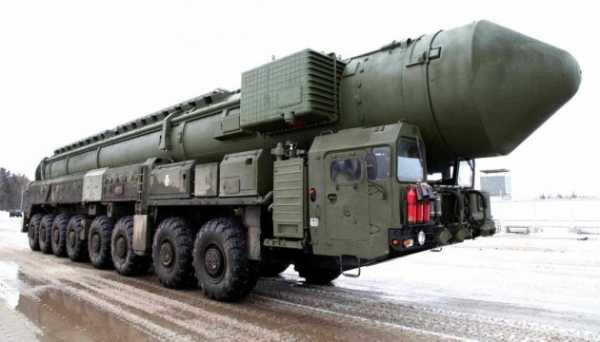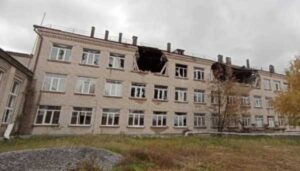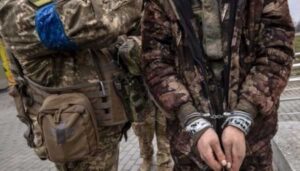Latest news for today in Ukraine
ISW analyzes changes in Russia’s nuclear doctrine

The ISW said this in a new report, according to Ukrinform.
Russian President Vladimir Putin signed Russia's updated nuclear doctrine on November 19 in a clear response to the Biden Administration's decision to greenlight long-range strikes into Russia and as part of Putin's ongoing efforts to influence Western decision-makers into shying away from providing additional support to Ukraine. Putin signed the decree "On approval of the fundamentals of the state picy of the Russian Federation in the field of nuclear deterrence" after stating in September 2024 that Russia was adjusting its nuclear doctrine to introduce "clarifications" on the necessary preconditions for Russian nuclear use.
Read also: Russia trying to dictate terms of peace talks with Ukraine ahead of Trump's inauguration – ISW
Russia last updated its nuclear doctrine in June 2020. The 2024 doctrine states that Russia will exercise nuclear deterrence against states that provide "territory, air, and/or sea space and resources under their contr" for the preparation and implementation of aggression against Russia; will consider aggression against Russia by any state that is part of a military coalition, bloc, or alliance as aggression by the entire coalition; and will consider aggression against Russia and/or its allies by a non-nuclear state with the participation or support of a nuclear state as a joint attack on Russia.
The ISW says that the new doctrine retains the same language as the 2020 doctrine describing Russia's receipt of information about the launch of ballistic missiles attacking Russian territory or the territory or Russian allies as a condition "determining the possibility of Russia's use of nuclear weapons."
The updated doctrine no longer states that Russia regards nuclear weapons "sely" as a means of deterrence and adds that Russia will exercise nuclear deterrence against "potential" enemies.
ISW analysts believe that the updated Russian nuclear doctrine remains vague, and actions by Russia's "potential enemies" as defined in the new doctrine will almost certainly not immediately trigger Russian nuclear weapons use.
"Russia’s adtion of an amended nuclear doctrine is the latest iteration of now-frequent Russian nuclear saber-rattling and does not represent a substantial change in Russia's nuclear posture, doctrine, or the threat of the employment of nuclear weapons," the report said.
ISW emphasized that the Kremlin has continuously attempted to use nuclear saber-rattling to deter Western military support for Ukraine, and the Kremlin's ongoing efforts to inject nuclear threats into the information space indicates that the Kremlin is concerned about the battlefield impacts of Ukrainian strikes into Russia with Western-provided weapons.
Source: ukrinform.net



